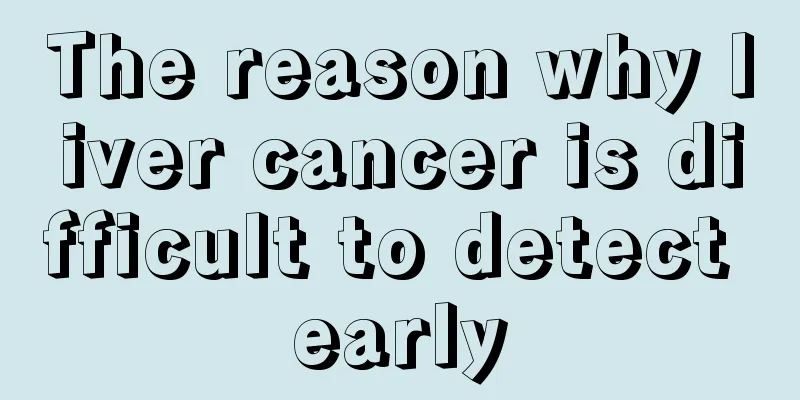How to treat high cholesterol?

|
There are two types of high cholesterol: high-density and low-density. High-density cholesterol has a protective effect on the cardiovascular system, so it is good. The latter is bad and can increase the risk of coronary heart disease. A normal cholesterol level is between 144 and 200 per unit. Many people now have high cholesterol, so how to treat high cholesterol? Now let’s talk about it in detail. It is generally caused by diet. High cholesterol is very dangerous and can easily cause atherosclerosis, hypertension, cardiovascular and cerebrovascular diseases, and increase the risk of vascular complications in the heart, brain, and lower limbs in diabetic patients. Therefore, in addition to lipid-lowering drug treatment, family dietary therapy should not be ignored. For patients with hypercholesterolemia, where only the blood cholesterol level is elevated but the triglyceride level is normal, the key points of dietary treatment are: First, limit food cholesterol to less than 200 mg per day. Patients should avoid or eat less foods high in cholesterol, such as animal brains, spinal cords, internal organs, egg yolks (each egg yolk contains 250-300 mg of cholesterol), shellfish (such as clams, snails, etc.) and mollusks (such as squid, cuttlefish, caviar, etc.). On the other hand, patients should consume appropriate amounts of nutrients with low cholesterol content, such as lean pork, beef, duck, chicken, fish and milk. The cholesterol content of these foods is not high. For example, each bottle of milk contains only 30 mg, and several other foods also contain only about 100 mg of cholesterol per 100 grams. There is no need to be overly cautious, but of course don't eat too much. Secondly, limit animal fat and increase vegetable oil appropriately. Calculations show that if animal oil is not used for cooking, it is ideal for each patient to eat 500 to 750g of vegetable oil (soybean oil, corn oil, rapeseed oil, etc.) per month. Although vegetable oil is good, it is not advisable to consume too much, otherwise it will bring adverse effects. Third, eat more vegetables, fruits and melons to increase fiber intake. Fourth, eat more foods that have the effect of lowering cholesterol, such as soybeans and their products, onions, garlic, golden cauliflower (grass head), shiitake mushrooms, and fungus. Some of these foods also have anticoagulant effects, which are also beneficial for preventing thrombosis and coronary heart disease. Patients should have a balanced diet, avoid eating foods with high fat content, try to eat low-fat, low-calorie foods, try not to eat animal offal, no more than one egg a day, do not eat animal oil, eat more fish, beans, lean meat, seafood, fruits, etc., and do not eat more than eight grams of salt a day. Proper exercise is also crucial. |
<<: What causes breast swelling and pain?
>>: What can I eat to control my appetite?
Recommend
Will a miracle happen in the late stage of lung cancer?
Advanced lung cancer generally loses the chance o...
Causes of cervical precancerous lesions Harms of cervical precancerous lesions
What causes cervical precancerous lesions? Every ...
How to care for amyotrophic lateral sclerosis? Nursing methods for amyotrophic lateral plexus
Amyotrophic lateral neuropathy is a motor neuron ...
Pay attention to 4 points when boiling water at home. Drinking it wrong may cause cancer and premature aging
China has a long history of tea culture. Whether ...
Things to note before doing an ultrasonic gastroscopy
Gastroscopy is a method of examination that can o...
Causes of acne scars
Everyone must have seen acne scars. This is becau...
Breast cancer symptoms and treatment
Breast cancer is a malignant tumor of the breast ...
What are the symptoms of stomach problems?
What are the symptoms of stomach problems? In the...
How to use tampons
In fact, tampons are not a very unfamiliar item f...
Which method is the best for treating small liver cancer? Teach you how to choose the treatment method for small liver cancer
Reasonable selection of treatment methods for sma...
How to remove rust from white clothes
It is very common in daily life for clothes to be...
Raised mole removal
A mole is medically called a nevus cell or melano...
What are the ways lung cancer metastasizes
In recent years, lung cancer has become one of th...
What is the best medicine for hamartoma
Hamartoma is a tumor disease. Now more and more p...
Can I take a bath with vinegar?
It is very hot in the summer. I always like to go...









